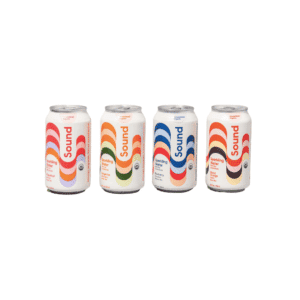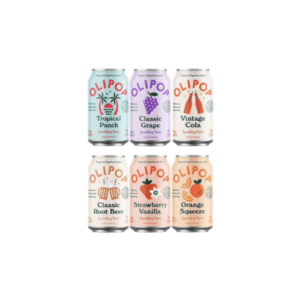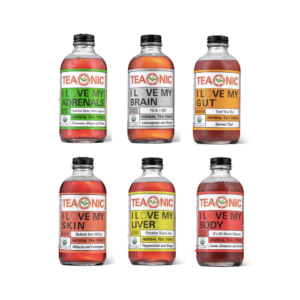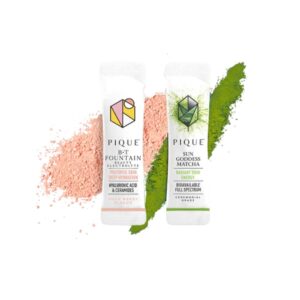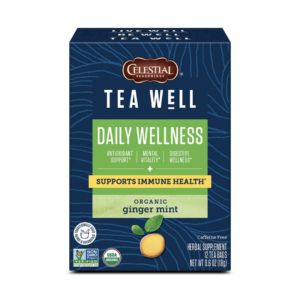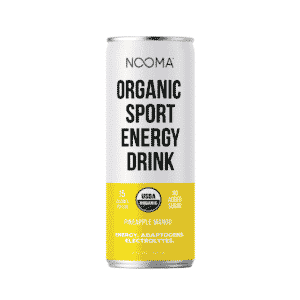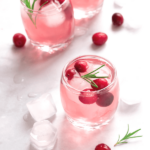I hate to be the bearer of bad news, but most alcoholic options aren’t healthy choices. Period. But if you’re a wino, beer lover, or cocktail fanatic, don’t worry – there are great, healthier options available. So, what is the healthiest alcoholic drink? How does alcohol impact gut health and brain health? Is alcohol really toxic?
Let’s dive into all of the details of healthy alcoholic and non-alcoholic drinks! Keep reading to learn more. Cheers!
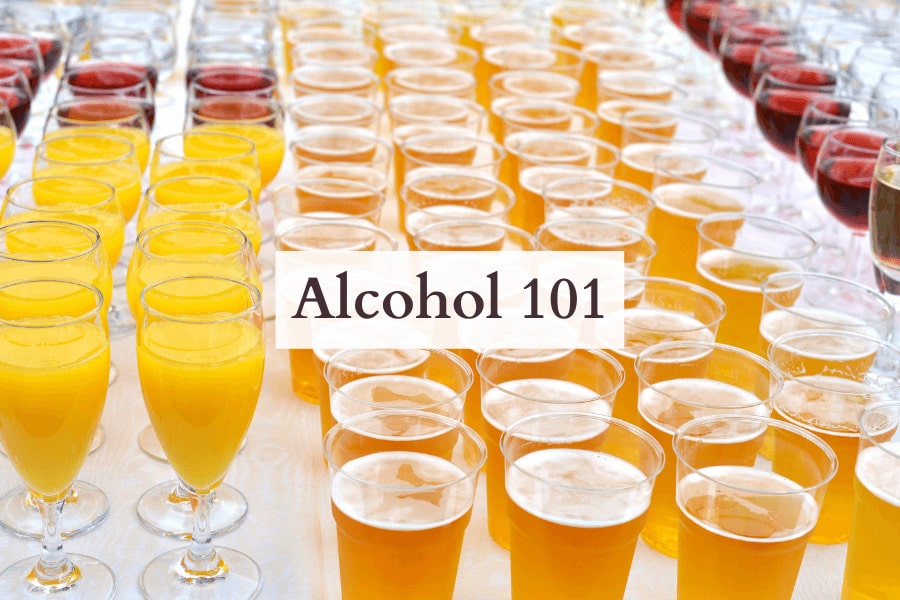
Note: This article contains affiliate links, meaning In On Around will make a small commission at no additional cost to you. This helps me maintain the site. As always, I value full transparency & only work with brands I love and trust.
What Is Alcohol?
I’m sure you know what alcohol is, but typically alcohol is consumed through beer, wine, and distilled spirits, like tequila, vodka, gin, and whiskey. Beer and wine are made from fermented grapes and barley, while spirits are made from fermented sugars, like from fruit.
Through this fermentation process, ethanol is created (also known as ethyl alcohol or grain alcohol). Chemically, alcohol is a class of organic compounds that has one or more hydroxyl (-OH) groups attached to a carbon atom of a hydrocarbon chain.
The “standard” drink is 12 fluid ounces for beer, 5 fluid ounces for wine, and 1.5 fluid ounces for spirits. The level of alcohol in each drink varies, usually ranging from 5% to 40%.
About 70% of Americans drink alcohol every year. [1]
How Alcohol Is Metabolized By Your Body?
Let’s dive into the science behind alcohol and how it’s digested. When you drink alcohol and it’s brought to the stomach, about 20% of it is absorbed into your bloodstream. The remaining 80% of the alcohol in your system is digested depending on a number of different factors, such as how much food you have in your stomach, how well-hydrated you are, how much alcohol you drank, genetics, and more. Our body and liver can usually process about one drink per hour, meaning they can convert the alcohol into water and CO2. Everybody is different though – how alcohol impacts you may impact someone else in a very different way!
Alcohol is a depressant.
As alcohol enters your body, it impacts your blood alcohol concentration (BAC), which can be different from person to person. Only about 10% of the alcohol that’s consumed is excreted through sweating, breathing, or urinating. The remaining 90% is detoxified and taken care of by the liver! It’s a powerhouse of an organ, so treat it nicely. A woman’s liver is about 30% smaller, on average than a man’s – so, ladies, keep this in mind if drinking with your pals! Men and women metabolize alcohol differently!
Alcohol is a depressant since it slows down the central nervous system. For this reason, it should never be mixed with other depressants (like sleeping pills or ketamine).
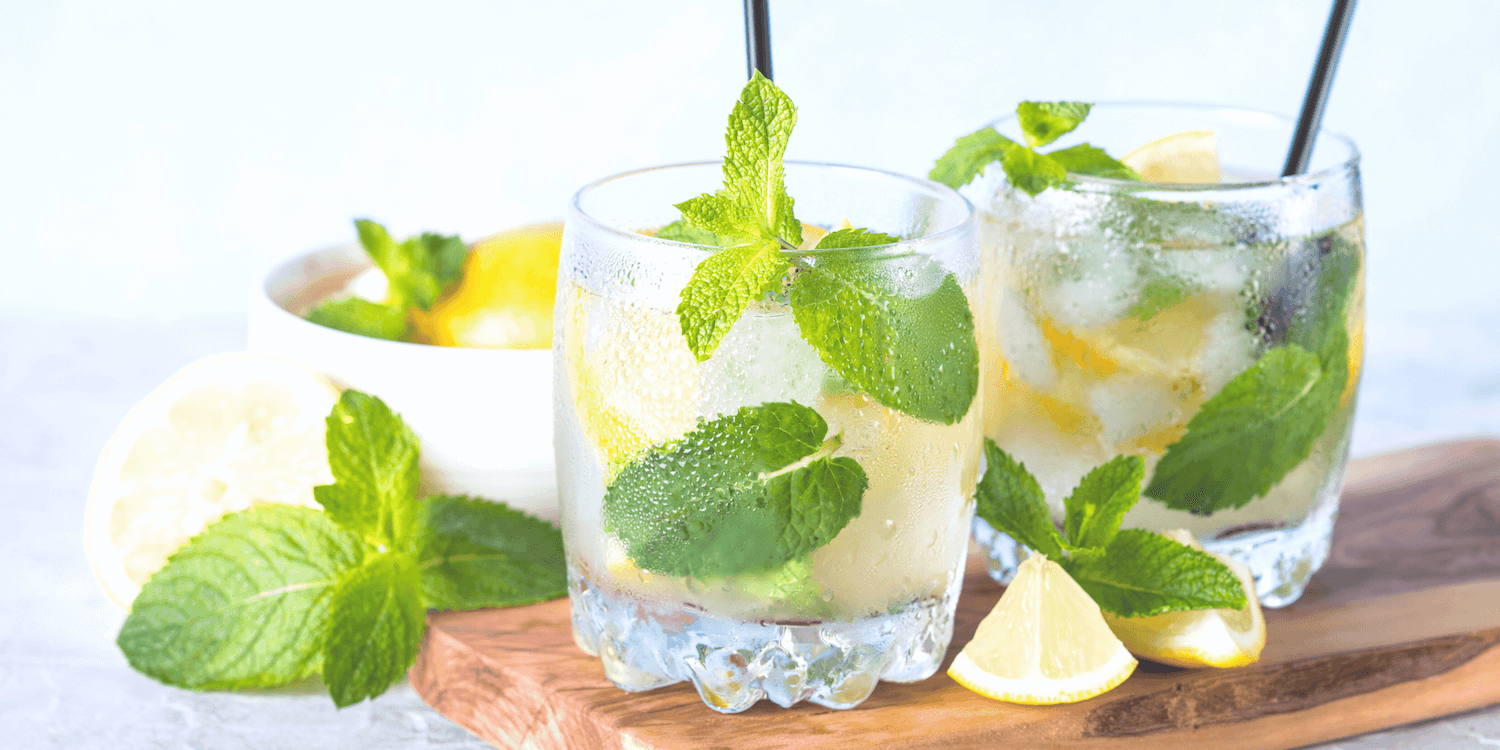
The Culture Around Alcohol
The American culture is very alcohol-centric. Many of us, especially at a younger age, can feel pressured to follow the crowd… without really questioning how we actually feel about drinking. Just because you can drink, doesn’t mean you should, especially every day. Sure, indulging in a glass of wine or your favorite drink once in a while is perfectly acceptable.
Important reminder: If you choose to not drink or you’re intentionally sober, you don’t need to justify your decision to anyone. Ever.
What is your relationship like with alcohol?
Are you drinking to…?
- Numb your feelings after a bad day at work?
- Just “get through the day”?
- Feel more confident in social settings?
- Tolerate your relationship?
- Fit in with everyone else?
How does it really make you feel? Really spend some time thinking about your answers to these questions. Some of us are just “social drinkers” – but why are you drinking in the first place? Is it secretly a maladaptive social anxiety coping mechanism? Think about your why.
24 Ways Alcohol Affects The Body
Alcohol can impact your body in a number of ways. It can potentially increase…
- Acid reflux or heartburn (GERD)
- Too much acid reflux is linked to Barrett’s esophagus or esophageal cancer
- To learn more about GERD, check out: Can Too Many Antacids Hurt You Or Make Reflux Worse? 10 Alternatives
- Bloating
- Encourages candida (yeast) overgrowth in the gut
- Diarrhea or loose stools
- Gastritis or inflammation of the stomach (with pain, nausea, & vomiting)
- Serious forms of gastritis can sometimes lead to stomach cancer, ulcers, and anemia.
- High blood pressure
- Weight gain, especially around the abdomen (hello beer belly!)
- Alcohol also impacts the metabolism and can increase fat storage, thereby leading to weight gain.
- Anxiety, depression, or other mental health disorders [2 3]
- Liver damage and liver disease [4]
- Alcoholic fatty liver disease can lead to liver failure, cirrhosis, and cancer.
- Heart disease, cardiomyopathy, cardiovascular issues, and arrhythmias [5]
- Inflammation (thus a higher risk of developing autoimmune diseases)
- Certain types of cancer, like colorectal, breast, liver, esophageal, and head cancer
- Pancreas damage (alcohol-induced pancreatitis)
- The pancreas is essential for digestive enzyme and insulin production.
- Can lead to leaky gut syndrome
- This is a more permeable gut lining where food particles can more easily enter your bloodstream.
- To learn more about leaky gut, read more here.
- Can disrupt the gut microbiome or gastrointestinal bacteria [6]
- This can lead to improper bacterial overgrowth and dysbiosis, such as small intestinal bacterial overgrowth (SIBO) or Irritable Bowel Syndrome (IBS).
- It can increase the level of bad bacteria and reduce the number of good bacteria.
- Increased risk of cavities and tooth enamel erosion
- Hinders the absorption of nutrients
- Alcohol is made with empty calories that don’t provide any nutrition.
- It can disrupt the production of digestive enzymes and juices, which are essential for the digestion, breakdown, and absorption of nutrients.
- Alcohol can especially impact the absorption of vitamin B1 (thiamin), vitamin B12, zinc, and folic acid.
- Impaired judgement and decision-making
- Weakened immune system
- Hormonal & sleep disturbances
- Decrease in endurance and ATP production (necessary for energy) [7]
- Slowed muscle development and recovery
- Disrupts the formation of long-term memories [8]
- Decreased brain size
… and much, much more. Clearly, there are quite a few potential side effects! Yikes. If you also smoke, these potential health impacts are even more likely.
On average, alcohol drinkers have smaller brains than non-drinkers. [9]
Regulations Around Alcohol
Non-organic commercial wine can use 76+ FDA-approved additives in the growing process, such as dimethyl dicarbonate (aka DMDC or Velcorin). [10] DMDC has been thought to be toxic to humans. The European Union, on the other hand, allows about 59 additives. The FDA allows certain fining agents, defoaming agents, preservatives, colorants, enrichment agents, fermentation enhancers, and more. Mega Purple, for instance, is a super-concentrated and popular form of grape juice that’s oftentimes added to change the color and body of red wine.
Winemakers are not required to disclose their full ingredients. This is why it is very difficult to know what you’re actually drinking.
Is Red Wine Actually Healthy?
It’s commonly noted that “wine is healthy”… but is it actually? The thought that red wine is good for the heart stems from “The French Paradox” in the late 1980s. They thought at the time that polyphenols and antioxidants (like resveratrol) in wine can improve your health. [11] While the gut loves polyphenols, alcohol in wine can counteract the benefits.
Let’s bust that myth right here and right now. Wine, in moderation, may contain some healthier components, but it certainly is not healthy overall.
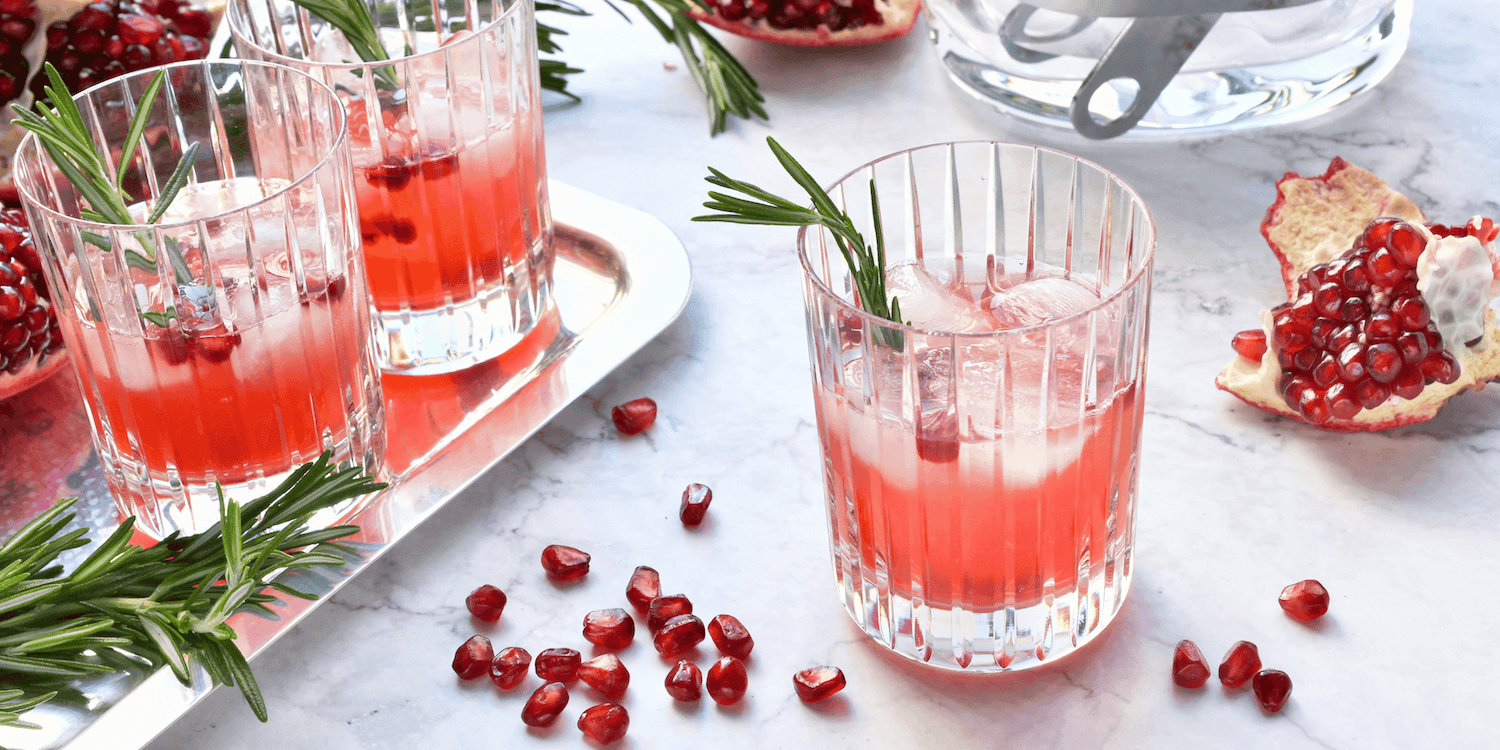
Can Alcohol Cause IBS?
Without a doubt, alcohol can trigger and exacerbate Irritable Bowel Syndrome (IBS) symptoms. A healthy gut has over 500 types of good and bad bacteria. [12] Alcohol impacts the gut microbiome and can impact gut homeostasis by either reducing the levels of good bacteria or increasing the levels of bad bacteria.
About 1 in 10 adults have IBS (most of which are women) and about 70 million people suffer from digestive issues overall. [13, 14] These are not light statistics! If you’re drinking a lot of alcohol, there’s no doubt that it can negatively impact your gut health.
If you drink, it’s best to only drink occasionally… not daily.
Does Alcohol Raise The Risk For Breast Cancer?
Yes, alcohol may increase your risk for breast cancer. According to the International Agency for Research on Cancer (IARC), alcohol is a group 1 human carcinogen. If you have a family history of breast cancer, it’s even more imperative that you avoid alcohol as much as possible.
How Does Alcohol Affect Weight Loss?
Alcohol absolutely can affect weight loss. Cutting out alcohol from your diet can help you shed any extra pounds. Alcoholic drinks (especially ones with high amounts of sugar) are very high-calorie and can contribute to weight gain. For instance, just one vodka shot alone contains about 85 to 124 calories.
When you’re inebriated, it’s also common to snack on high-calorie foods. The “drunchies” (or the drunk munchies) can cause you to have unhealthy food cravings.
Can I Drink Alcohol While Fasting?
No, you should never, ever drink alcohol while fasting. If you don’t have any food in your system, drinking alcohol can be very dangerous. Avoid it at all costs if fasting or if you’re hungry.
To learn more about intermittent fasting, check out: 18/6 vs 16/8 Intermittent Fasting – A Beginner’s Guide
How Much Alcohol Should I Drink Daily?
Realistically, if you’re trying to become your healthiest self, you shouldn’t be drinking alcohol daily. Alcohol is poison – there’s no denying it. Realistically though, cutting it out 100% is not always possible. For that reason, it’s best to limit your alcoholic drinks as much as possible. One drink a day is a lower risk, although it still impacts your body in significant ways.
Even about 3.5 ounces of alcohol a week can seriously impact your health. [15]
Alcohol Best Practices
Without a doubt, alcohol is poison to the body. It is not good for you, regardless of how you spin in. That being said, this doesn’t mean you need to cut out altogether – that’s your personal decision. If you do choose to drink, there are certain beverages that can be better or “healthier” than others.
Follow these drinking best practice tips:
- After a night of drinking, make sure you’re well-hydrated! Drink water with electrolytes to replenish, especially if you have a hangover or headache. Learn more about electrolyte brands here: What To Look For In Electrolyte Powder – Electrolytes 101
- Always alternate between a glass of water and a glass of alcohol if you choose to drink.
- Never drink alcohol on an empty stomach! Eat a large well-balanced meal with protein, fat, and carbs.
- If you already struggle with digestive issues, it’s best to forego alcohol altogether.
- If you decide to drink, do so 4+ hours before bed to reduce the impact on your sleep cycle. [16]
- Never mix alcohol with other drugs, like ibuprofen or acetaminophen, which can lead to stomach bleeding and liver damage.
- If you’re struggling with alcohol abuse, please reach out to the Substance Abuse Hotline for the help you need. You deserve to treat your body with respect!
Alcohol is a toxin.
Healthier Alcohol & Alcohol Alternatives
Check out the below alcoholic and non-alcoholic drink options for your next night out!
Alcoholic Options
Do these options classify as health drinks? No, absolutely not! But they can be a “better” option if you do decide you’d like to drink. No amount of alcohol is healthy, but these options can have less extreme effects on the body:
- Dry Farm Organic Wine (get a free extra bottle with this link)
- These wines are organic and regeneratively grown from family farms without the use of any synthetic chemicals. This makes the grapes richer in polyphenols and antioxidants.
- They’re sugar-free, have a lower alcohol content, and are lab tested for purity. Unlike sweet wines, dry wines have a longer fermentation process and less sugar.
- They also offer sparkling white wine as a Champagne alternative.
- The grapes are grown dry, meaning they’re no irrigation (which saves billions of gallons of water)
- Lower-sugar hard kombucha (fermented tea), like Boochcraft
If opting for spirits, clear liquor like vodka, gin, and tequila are generally the lowest in sugar. Mix it with a sugar-free club soda or seltzer, with some fresh lemon, lime, or mint. Keep in mind, however, that fizzy drinks can speed up alcohol absorption.
Non-Alcoholic Options
There are plenty of mocktail options available on the market. These “zero-proof” cocktails and nonalcoholic drinks are delicious healthier alternatives. There are amazing alcohol-removed drink options available.
- Olipop Drinks (Code SODALOVE saves you 15%) – they offer create soda alternatives
- Drink Sound (Link gives you 20% off)
- Teaonic Herbal Tea Tonic
- Sunwink Mocktail Tonic
- Nooma Energy Drink
- Coconut Water (best to mix with water since it’s naturally high in sugar)
- Organic juice (like from Suja)
- Organic tea, like Celestial Wellness Tea or Pique Tea (this link saves you 15% off the skin duo)
- To learn more about green tea check out: 15 Green Tea Tips: What Green Tea Is The Best For Weight Loss?
Get Gruvi is another popular non-alcoholic beer and wine option (with rosé!). They do contain about 13g of natural sugar with natural flavors and colorants. While this is not certainly my first choice, it can be a “better” option for some occasionally looking for the taste of beer and wine without the alcohol.
Beer and high-sugar sweet drinks are best to avoid. If you’re constantly slammin’ brewskis, it might be time to rethink that habit. This doesn’t mean that you should reach for the sodas! To learn more about healthy soda alternatives, check out: 5 Healthier Alternatives To Soda
Make sure you limit your consumption of any artificial or natural flavoring (including stevia) and colorants. There are many, many high-calorie drinks – make sure you look at the nutrition facts!
Final Thoughts – The Bottom Line on Alcohol On Gut Health
Alcohol is never, and will never, be considered a health food. If you drink, do it mindfully.
To be honest, I rarely drink… but I do for special occasions or socially. No, I don’t think it contributes to health (alcohol is, frankly, toxic to the body), but it can occasionally be a part of the 80/20 sustainable lifestyle that I aim for.
… But am I doing it to numb my feelings or to fit the expectations of others? Nope – no way. Neither should you. Having a healthy relationship with alcohol is incredibly important… especially since it can be abused so easily.
Look introspectively and question the REAL reasons why you’re reaching for a drink. Like with everything in holistic health, it’s a band aid solution & you need to address the root cause. Neglecting any issues & reaching for alcohol will NOT solve your problems – it will only make them worse.
⬇ Pin this “What Is The Healthiest Alcoholic Drink?” pic on Pinterest for future reference! ⬇
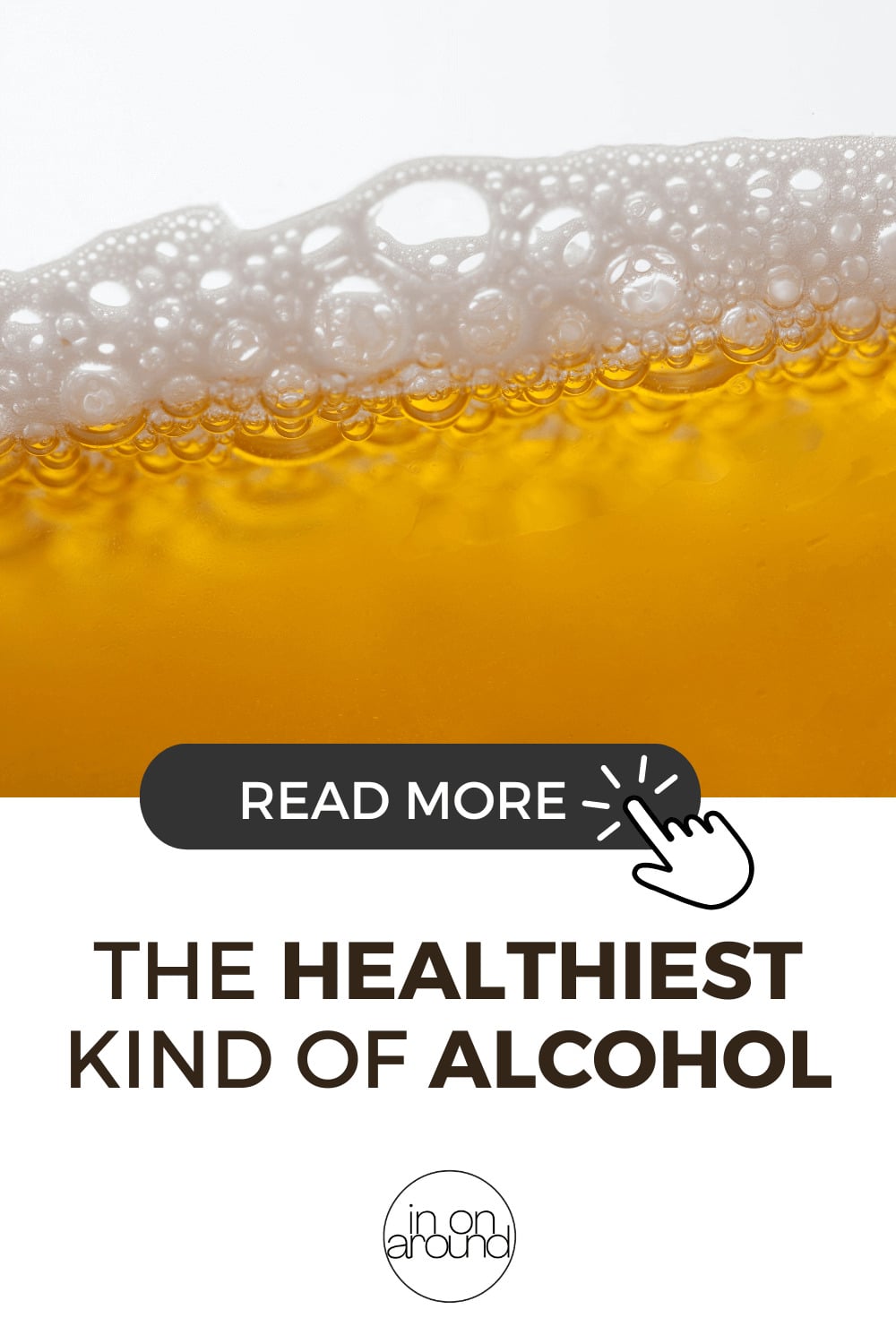
Frequently Asked Questions – Alcohol On Gut Health
Click on the below FAQs to learn more about alcohol and breast cancer risk, alcohol on gut health, healthier drink alternatives, and more.
How Can Alcohol Impact Your Health?
Can Alcohol Cause IBS?
Does Alcohol Raise The Risk For Breast Cancer?
Can Alcohol Affect Weight Loss?
Do you drink alcohol?
Let me know your thoughts and key takeaways in the comments below!
You can watch our web story here.
xoxo,

Want to read more? Check out my other articles here!
References on What Is The Healthiest Alcoholic Drink?: NDTV, Dry Farm Wines, Britannica, Insider, Greatist, Parade, UNC Health, The Gut Stuff, Amy Meyers MD, My Dr, Drink Aware, Ria Health, Myles Spar, Healthista, NIH, Forbes, NI Direct, Transcend Recovery, UCSC, Zoe, Byrdie, CDC, Olympus, Drugs, Harvard, A Matter Of Trust, WHO, Mindfood, Pix, IARC
Copyright In On Around LLC 2022 ©. The statements made on this website have not been evaluated by the FDA (U.S. Food & Drug Administration). They are not intended to diagnose, treat, cure, or prevent any disease. The information provided by this website should not be used as individual medical advice and you should always consult your doctor for individual recommendations and treatment. The information contained in this site is provided on an “as is” basis. Related to this site, there are no guarantees of completeness, accuracy, usefulness, or timeliness. In On Around LLC assumes no responsibility or liability for any errors or omissions in the content of this site.


